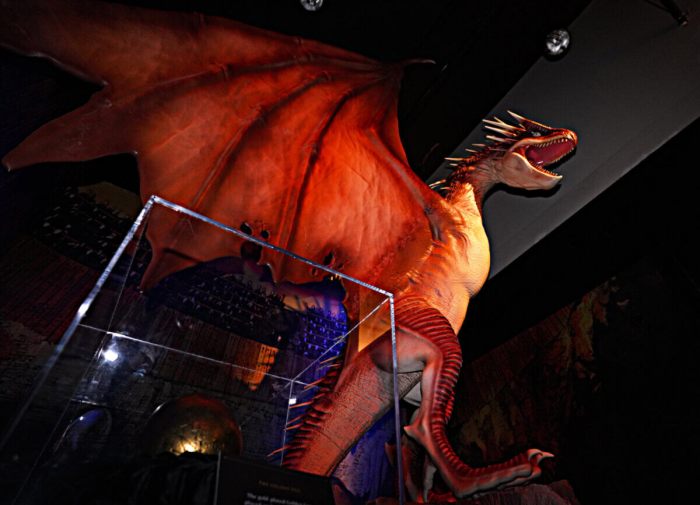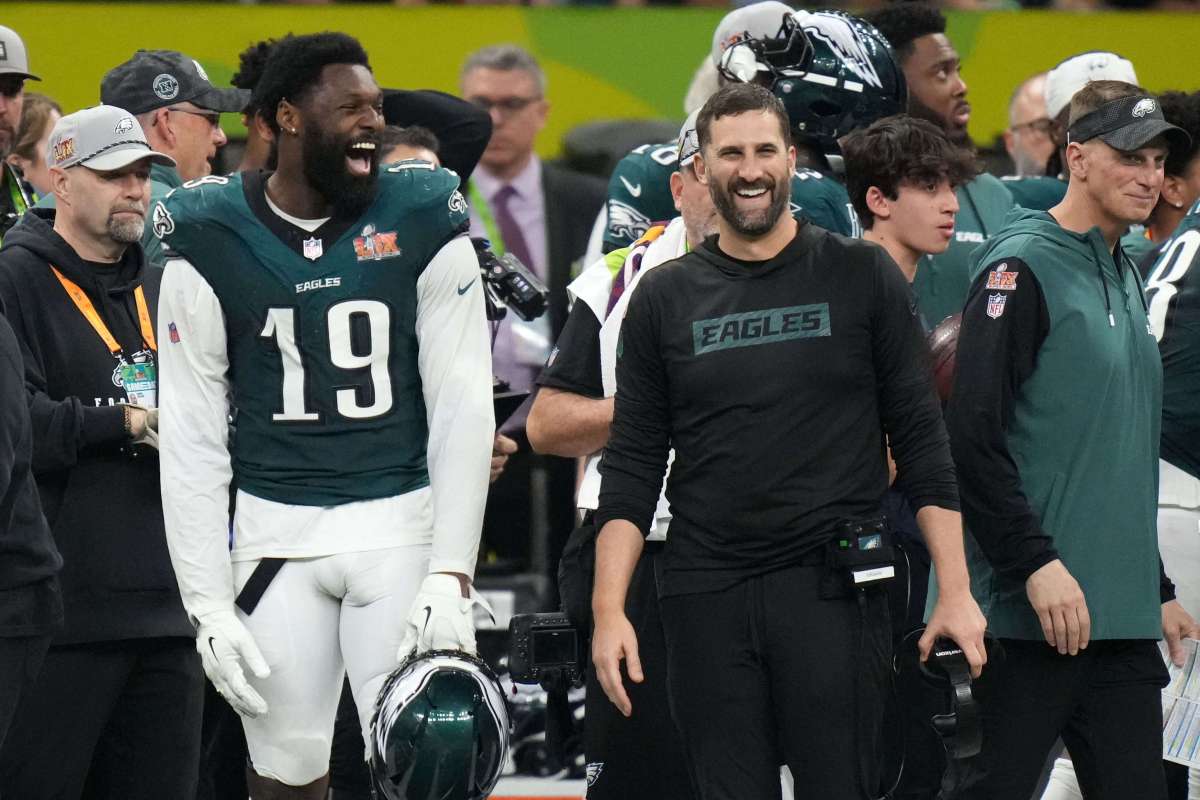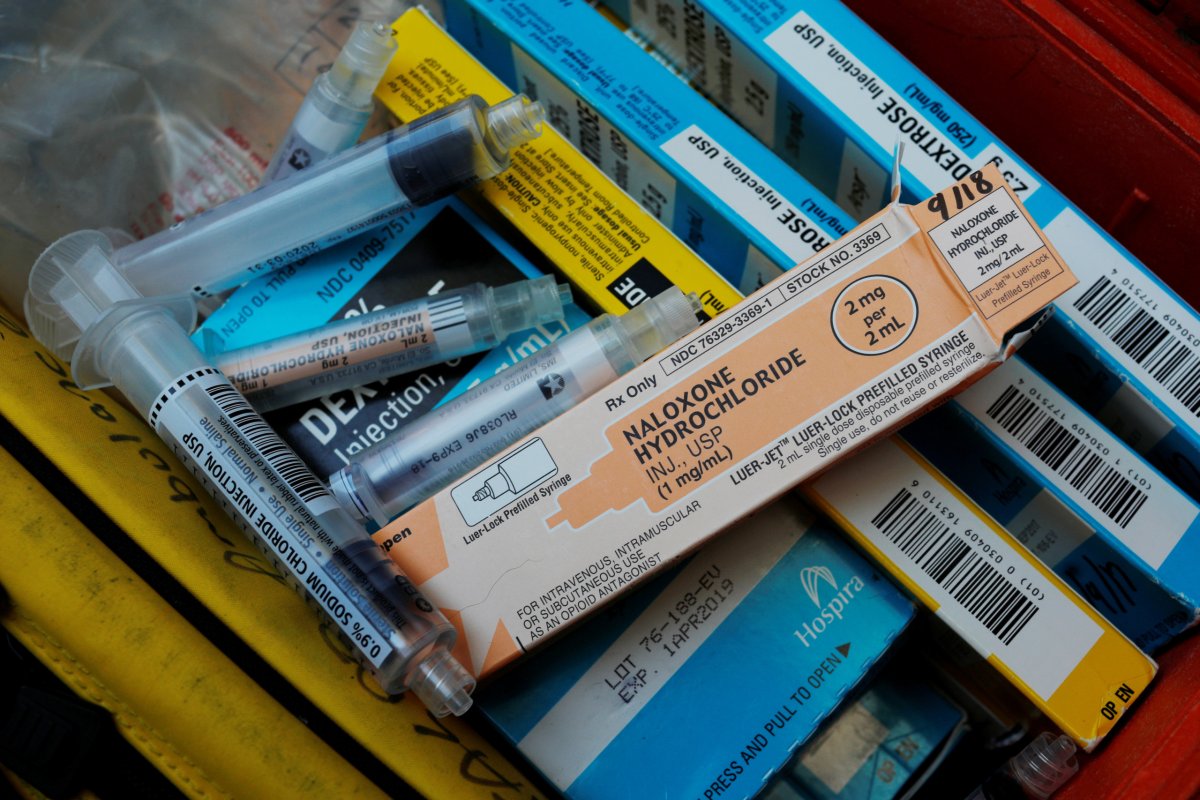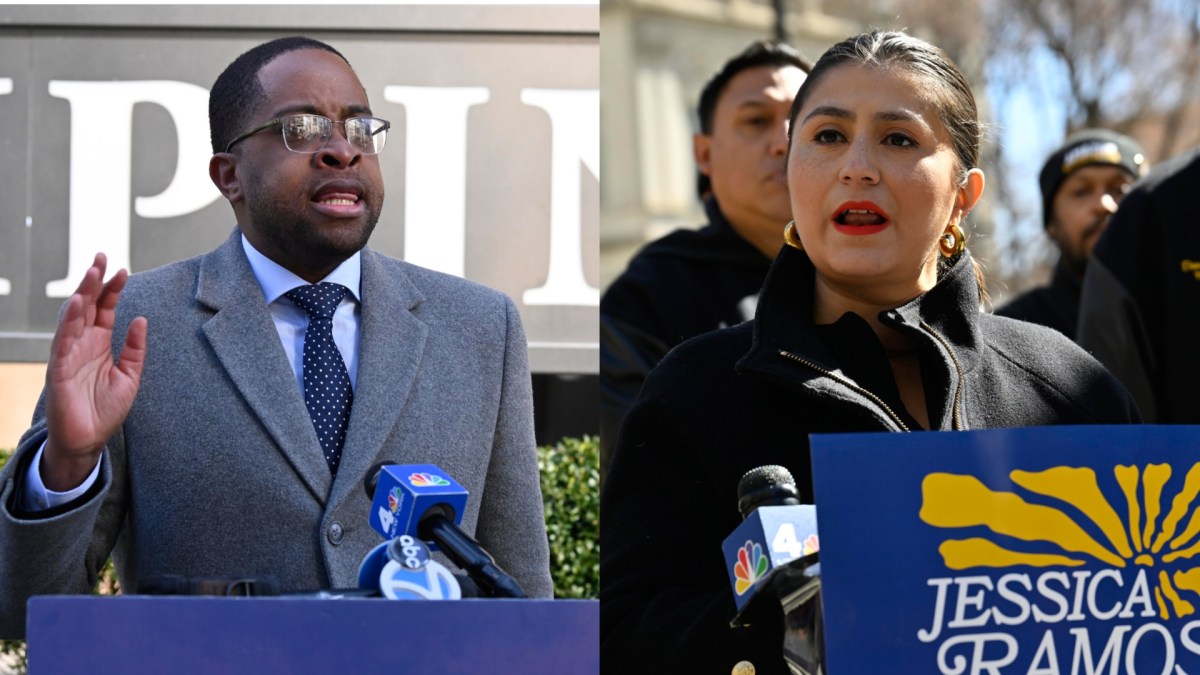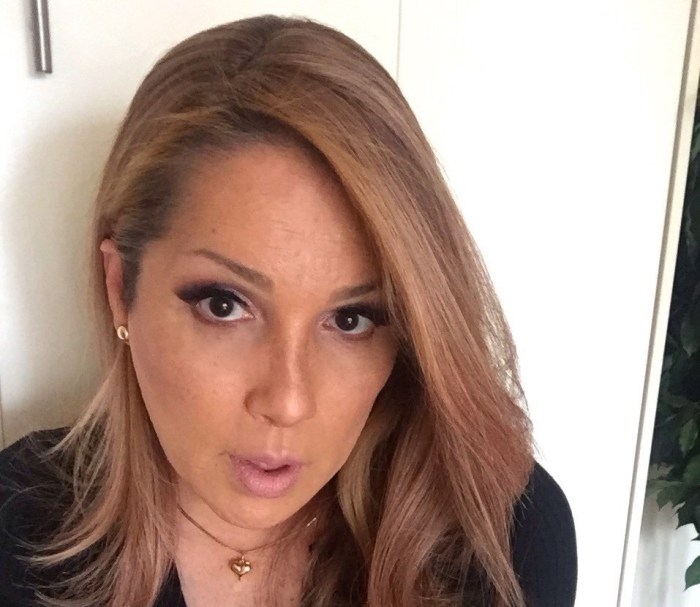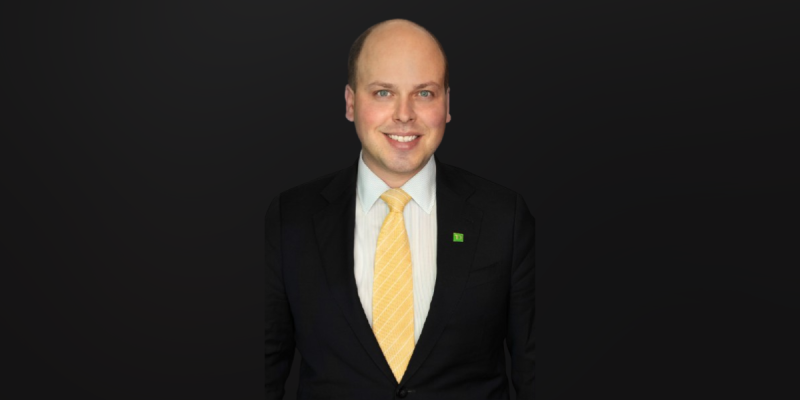NEW YORK (AP) — A year after nearly being killed by Russian bombs while covering the war in Ukraine, Fox News’ Benjamin Hall credits a relentless optimism — and what he describes as an unexplained miracle — for getting him through.
Truth is, it was probably several miracles that enabled Hall to sit in a cafe at Fox’s New York headquarters recently to discuss the book he’d written about his ordeal.
There was the Ukrainian special forces officer driving by after the bombing who saw Hall’s wave and put him in a car, the lucky train ride from Kyiv to Poland, the 30 — and counting — surgeries he’s endured as he heals from the March 14, 2022, incident.
No story compares with the voice he heard when the second of three bombs left him torn apart and blacked out. He swears it was his daughter, Honor, then at home in London with her mother and sisters Iris and Hero.
The voice was insistent: “Daddy, you’ve got to get out of the car.” Hall obeyed, just before the third bomb hit, setting him afire.
“I’ve spoken to some people who have had near-death experiences and they often see their family,” Hall told The Associated Press. “I think when you take everything else away, what is the main thing that means the most to us, the place we want to be? It’s back home with your family.
“Was it a miracle?” he asked. “I believe so. I was saved that day. It’s the title of my book. I was in the middle seat of a small car — it’s the death seat — somehow I came out of it, and I’m still alive. Whether it was my daughter or whether it was an angel, I don’t have an answer for that.”
Hall’s two colleagues on the reporting trip, photographer Pierre Zakrzewski and Ukrainian “fixer” Oleksandra “Sasha” Kuvshynova, were both killed.
Even after escaping and being taken to a Kyiv hospital, Hall’s survival was by no means assured. He was gravely injured. He lost his right leg below the knee, much of his left foot, the sight in his left eye, his left thumb was blown off, his skull was dented and he was burned over much of his body.
He was fortunate to get a ride on a diplomats’ train out of Kyiv to Poland, where he was evacuated to the American military treatment facility in Landstuhl, Germany.
Hall’s book captures this great escape, much of it reconstructed through his later reporting. He noted how his father, rescued in war-torn Manila in 1945 and who died at age 89 less than a month before Ben’s deployment to Ukraine, both had their lives saved by the U.S. military.
He doesn’t mince words about what he went through — his screams heard corridors away in a hospital when dressings from his burns were taken off, and the horrific dreams that led him to reduce pain medication.
Yet he said he’s blessed to have an optimistic nature and determination.
“I like the positivity and optimism he’s got, which is great,” said Bob Woodruff, the ABC News anchor who suffered a traumatic brain injury when a bomb exploded near where he was reporting in Iraq in 2006.
After a period of feeling lucky to be alive, many people who suffer such injuries sink into a dangerous period of frustration and depression, Woodruff said. If Hall has gone through that, he seems to have pulled through, he said.
“It takes a long time to adjust and say goodbye to some things you did and say hello to new ones,” Woodruff said.
He also says the role of an injured person’s loved ones deserves more credit; his wife, Lee, has spoken to Hall’s wife, Alicia.
From the description of some of his wartime reporting experiences in Afghanistan, Somalia and Syria, many before he joined Fox News in 2015, Hall was lucky to make it physically unscathed before Ukraine. With thoughts of his family, he had largely settled into a safer job covering the State Department before volunteering for duty in Ukraine.
While impossible to resist an “I told you so” or two, Hall’s wife knew how important the story was and how important it was for him to cover it, he said.
Has he second-guessed his own decision to go?
“Not once,” he said.
While important to understand the danger, “once you’ve made that decision to go, you’ve got to be able, if you want to do the job well, to turn that off,” he said. “Because fear will stop you from doing that job.”
In his book, Hall recounts a conversation he had with a former soldier about coming to terms with the pain that he’s going to face every day.
“I don’t like telling people about the pain because I don’t want to upset anyone else,” Hall said in the interview. “It’s for me to deal with, not for someone else to deal with. What are they going to do? Feel bad about me? Who does that help? No one. So I’ll deal with it myself.”
Hall said he hoped his book can show others that they have reservoirs of strength to deal with adversity. His story also will be told in a two-hour Fox News Channel documentary on Sunday at 9 p.m. Eastern.
Mindful of his new reality, Hall will have to decide what is next. For Bob and Lee Woodruff, it was starting a foundation that has raised $125 million for injured soldiers. Woodruff continues to report; he spoke in an interview this week from north of the Arctic Circle in Canada.
“I’ve spent my whole career talking about war and horror and the depths of it,” Hall said. “I think I’d like to tell some more positive and optimistic stories now.”



